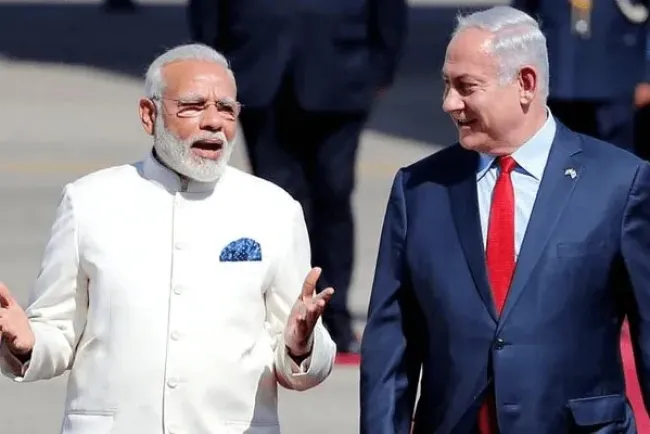Trump's Liberation Day Tariffs: A Step Towards Trade War?
US President Donald Trump is set to announce significant new tariffs during his Liberation Day address today, igniting speculation about potential global trade repercussions. With the announcement scheduled for 4:00 PM local time at the White House, details surrounding the proposed measures remain closely guarded, leaving the world on edge.
The White House has communicated that these tariffs, which aim to target countries perceived as engaging in unfair trade practices against the United States, will take effect immediately following Trump’s speech. Despite Trump’s insistence on the necessity of these tariffs to address the nation's trade imbalances, critics warn that the measures could ultimately burden American consumers and trigger a recession.
Economic Implications and Criticism
Economic experts are divided on the effectiveness of tariffs as a solution to trade issues. Critics argue that these tariffs could raise costs for families significantly, with estimates suggesting that the average household could face an increase of up to $6,500 this year. White House Press Secretary Caroline Levit has indicated that Trump’s team is meticulously finalizing the tariffs to ensure they benefit American workers, but skepticism remains regarding the actual impact.
Trump has been quoted as saying, "I couldn't care less if prices go up to American families," drawing ire from Democratic senators who claim these tariffs are a tactic to offset the costs associated with extending his 2017 tax cuts. The potential financial burden on American consumers has raised alarms, with predictions of an additional $700 billion in tariff fees looming.
Global Reactions and Preparedness
Global markets have responded with unease as the announcement approaches, and countries likely to be affected have begun outlining their responses. Canadian Prime Minister Mark Carney has pledged a deliberate and robust countermeasure strategy should the tariffs be enacted, asserting Canada’s resolve to avoid being undermined by US policies.
Mexican President Claudia Sheinbaum has taken a different stance, emphasizing a strategic rather than retaliatory approach. While acknowledging the need for a response, she advocates for continued dialogue to navigate the trade tensions, stating, "It’s not about tit for tat but about what is best for Mexico."
Potential Market Consequences
The forthcoming tariff policy, dubbed Liberation Day, aims to assert US trade dominance but raises questions about its potential to incite global retaliation. Analysts from Moody's Analytics warn that if such retaliation occurs, it could lead to severe consequences for international trade markets, further straining supply chains and driving prices higher for consumers.
Trump's trade team is reportedly divided on the implementation and scope of these tariffs, with ongoing discussions about whether they will be broadly applied or specifically targeted. Investors and business leaders are watching closely, fearing that any drastic measures could lead to a downturn in economic stability.
Conclusion
As President Trump prepares to unveil his Liberation Day tariffs, the implications for both the US and global economies remain uncertain. While the intent is to bolster American trade interests, the potential for escalating trade tensions could have far-reaching effects. Observers will be keenly awaiting the details of Trump’s announcement and the subsequent reactions from both domestic and international stakeholders. The outcome of this initiative could redefine America's trade relationships and economic landscape in the years to come.
Stay updated with us for detailed coverage on this developing story.
What's Your Reaction?















